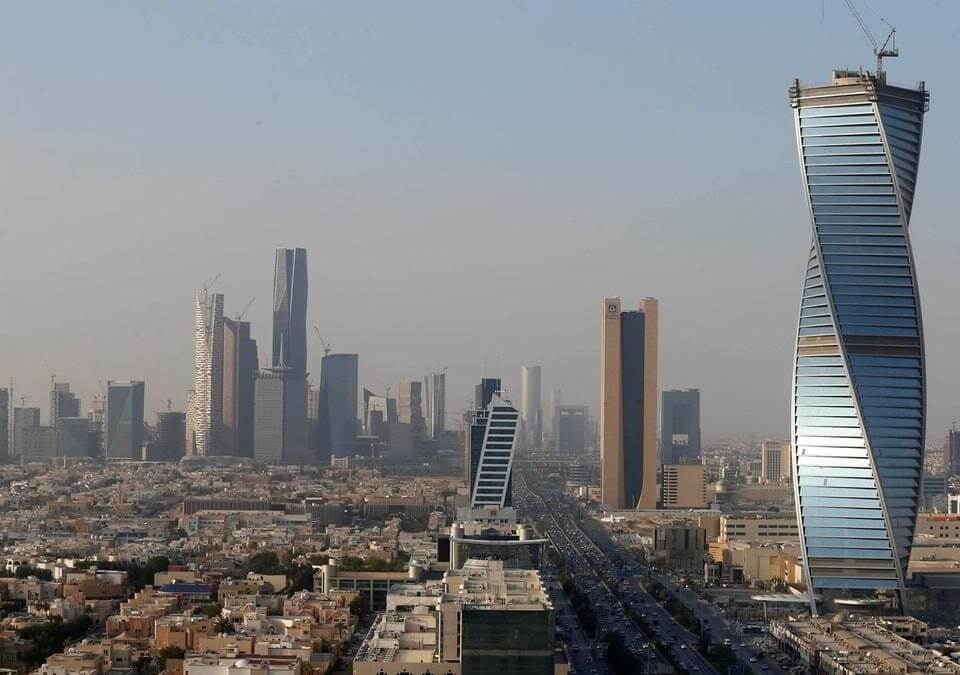This article was updated on July 6th, 2023
- [email protected]
- Dubai: +971 4 878 6240 Riyadh: +966 54 511 2494

Saudi Arabia Bankruptcy Law Set to Help Businesses
August 28, 2018
CREATION CELEBRATES TWO AWARD WINS FOR COMPANY FORMATION AND RESTRUCTURING
June 15, 2020
SAUDI ARABIA VAT HIGHER THAN THE UAE: IS UAE PLANNING TO INCREASE THE VAT RATE?
This article has been researched and written by Rehan Abid and the team at Creation Business Consultants and has not used AI in generating this article.
Kingdom Of Saudi Arabia (KSA) announced an increase of Value Added Tax (VAT) from 5% to 15% which came into effect from 1 July 2020.
This was a major rate increase and one of the fiscal actions taken by Saudi Arabia Government to alleviate the negative effects of the global pandemic COVID-19 and other macro-economic developments on public finance. The VAT increased rate was applied to all supplies of services and goods.
As a result, all KSA companies and corporate groups holding an entity within their KSA structure had to study the effect of VAT rate increase and the impact on their business overall. Areas to examine carefully when such Tax or VAT changes occur include the following:
- Businesses and taxpayers affected by the change need to ensure their accounting systems are compatible and can issue invoices before the deadline.
- Timing of invoice issuance and receiving payment: Businesses and taxpayers must consider how to treat the sales of services or goods that are supplied before the deadline at the same time as the invoice is issued or payment is given after the deadline and/or vice versa.
- Businesses and taxpayers that supply services and goods to the end-customers or end-client will need to start factoring the new VAT rate increase into their fees or pricing. Once the change is announced, it would be a good time for businesses to prepare and start updating prices lists, amend future proposals, update marketing material that includes pricing and other relevant documentation.
- For taxpayers that are unregistered companies for example a passive holding company or companies that are part exempt that are not permitted to recover their input tax in full will incur a major increase in the cost of doing business in the country.
- Taxpayers that provide exempt or zero rate supplies must have adequate proof in place to justify this VAT treatment. Any error in this treatment will lead to a significant VAT payment that might not be recoverable from the client or customer. Furthermore, it might also lead to a hefty penalty of the unpaid VAT For that reason, it is extremely relevant for those companies that are providing zero rated export services, an area where the tax authority has and will always be very active and strict.
- Some companies or taxpayers may need to reassess their current group, its structure and transaction flows to minimise the impact of the newly increased VAT rate.
ZERO RATED SUPPLIES
Those supplies of goods and services that are subject to 0% VAT are known as zero-rated supplies. In contrast to exempt items, zero-rated supplies allow suppliers to request an input tax return.
LIST OF ZERO-RATED MATERIALS
The following products are regarded as zero-rated and hence qualify for a VAT refund:
- Exports of products or services outside the Council Territory supported by documentation of the transportation of the products or services.
- Merchandise in zones where customs duties are suspended.
- When a consumer is not a resident of a Council Territory or when consumption does not occur within the Territory, the services are considered to be exported.
- International transportation services for passengers or commodities.
- Medications and medical supplies.
- Precious metals for investments.
WILL OTHER GCC COUNTRIES INCREASE VAT RATES?
The GCC VAT Framework Agreement currently consists of the 6 GCC countries / 6 member states and specifies 5% VAT rate. To date the 5% VAT rate has been rolled out and implemented by 3 countries including: the United Arab Emirates, the Kingdom of Saudi Arabia, and Bahrain. Within KSA VAT Law or its Implementing Regulations it does not include or reference to the 5% VAT rate. Therefore, the GCC VAT Framework Agreement can only be amended by agreement of all the 6 GCC countries.
The United Arab Emirates Ministry of Finance has announced that it has no plans to follow the Kingdom of Saudi Arabia by increasing its current VAT rate. Younis Haji Al Khoori, undersecretary of the UAE’s Ministry of Finance has confirmed that UAE’s VAT rate is to remain the same. He further mentioned that the Ministry of Finance are studying their financial systems to ensure their readiness to manage the next stage and support all vital sectors.
The ministry is devising several programs and projects to enhance their ability to continue the development process and to put people as their top priority. This is essential to build a secure future and achieve the well-being and stability of the UAE.
This is reassuring to many and displays the UAE’s efforts to support its people.
CONCLUSION
Issues such as cashflow management, system amendments and transitional treatment of taxable transactions are all items that should be on every affected business’s agenda.
If your company needs any assistance regarding VAT or TAX in the UAE or Saudi Arabia, the corporate structuring and tax advisory experts at Creation tax consultants would be delighted to assist you through some of the options available to minimise the disruption to the company’s operations. To reserve your free consultation visit our website www.creationbc.com email [email protected] or call +966 54 511 2494
This Article was researched and written on May 13th, 2020 by Rehan Abid.
This Article was reviewed and updated on Oct 12th, 2023 by Scott Cairns.




